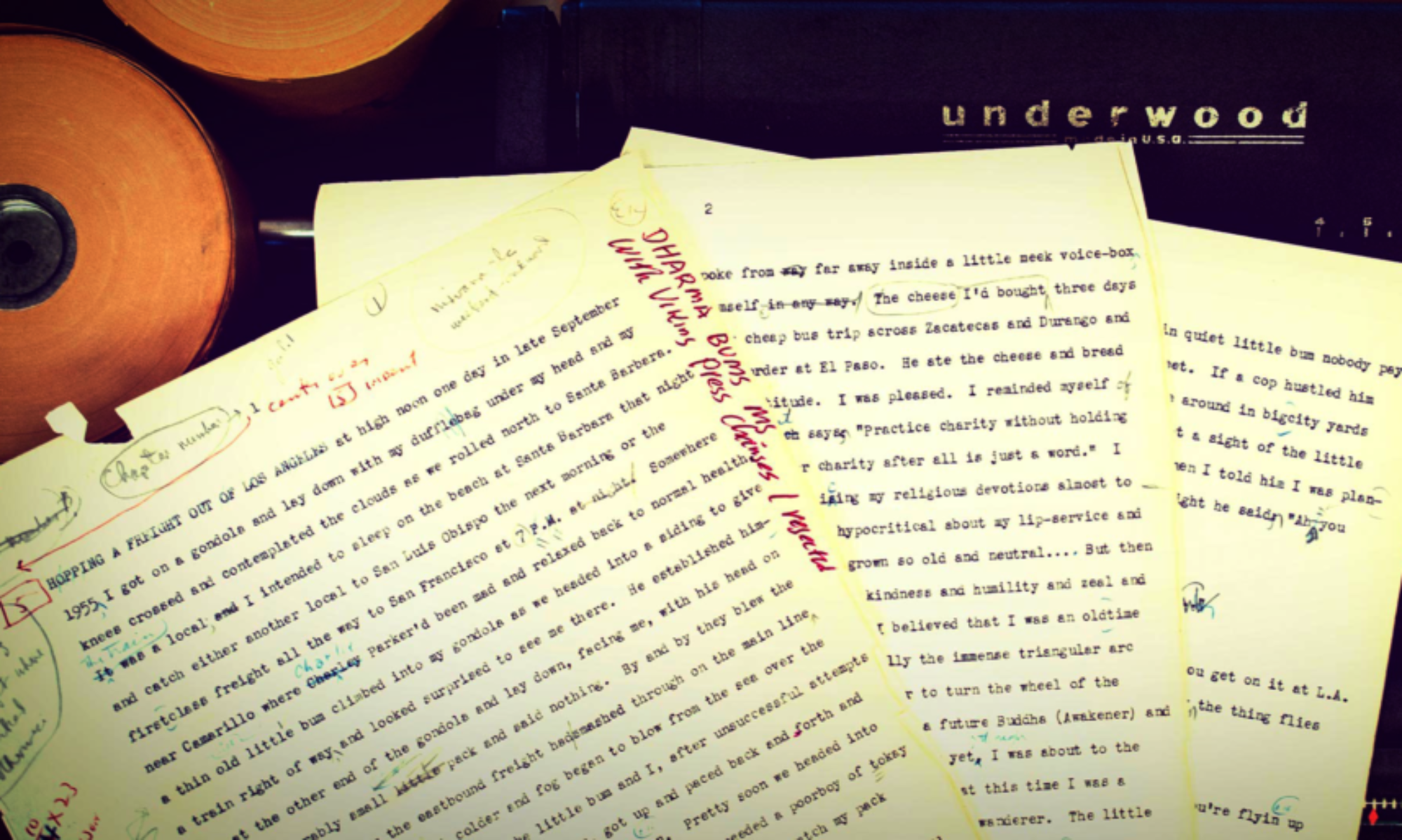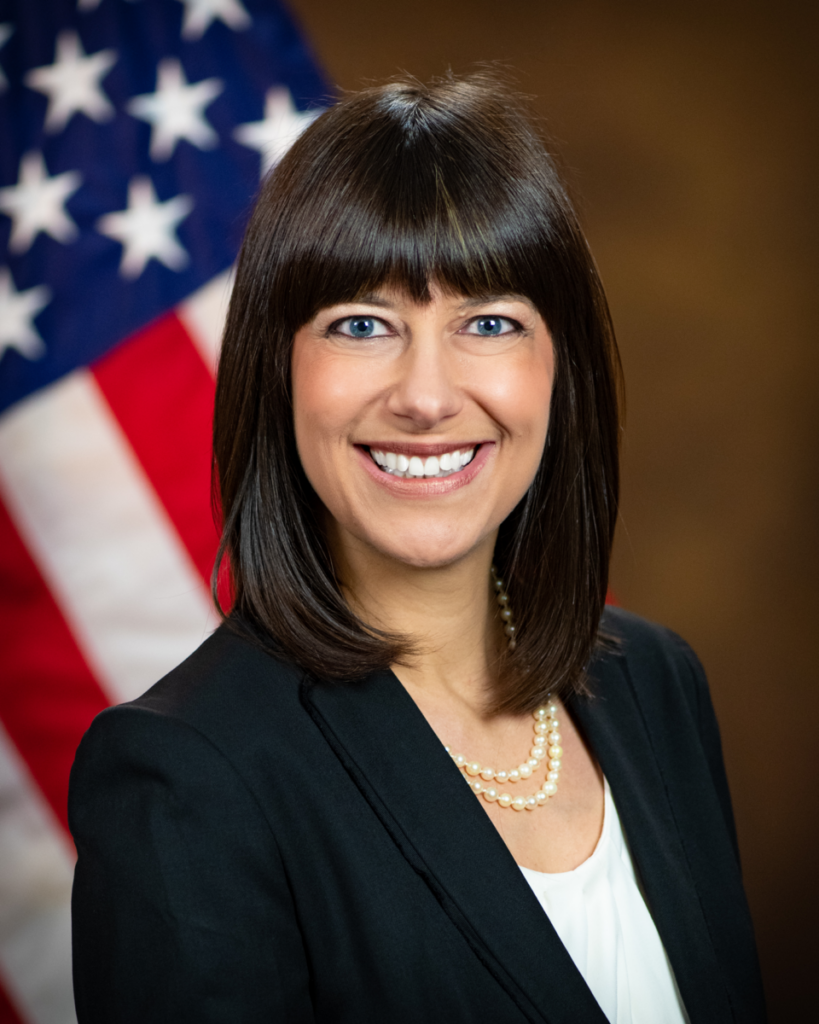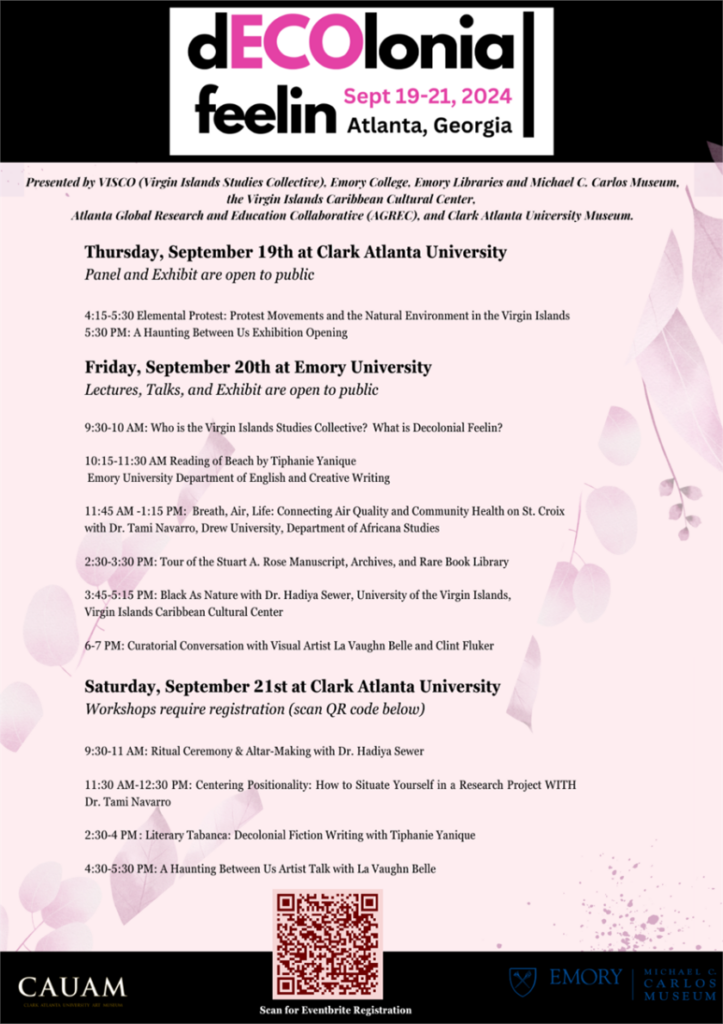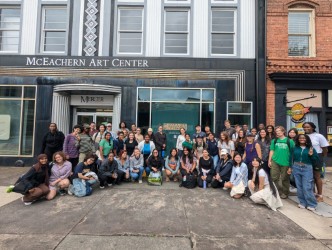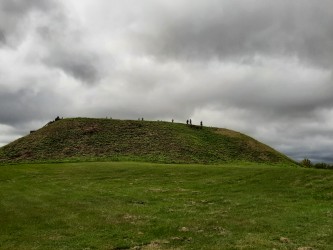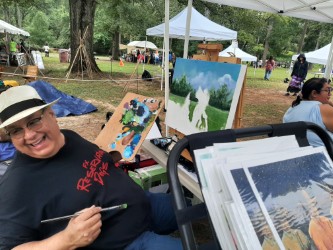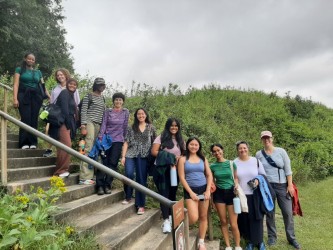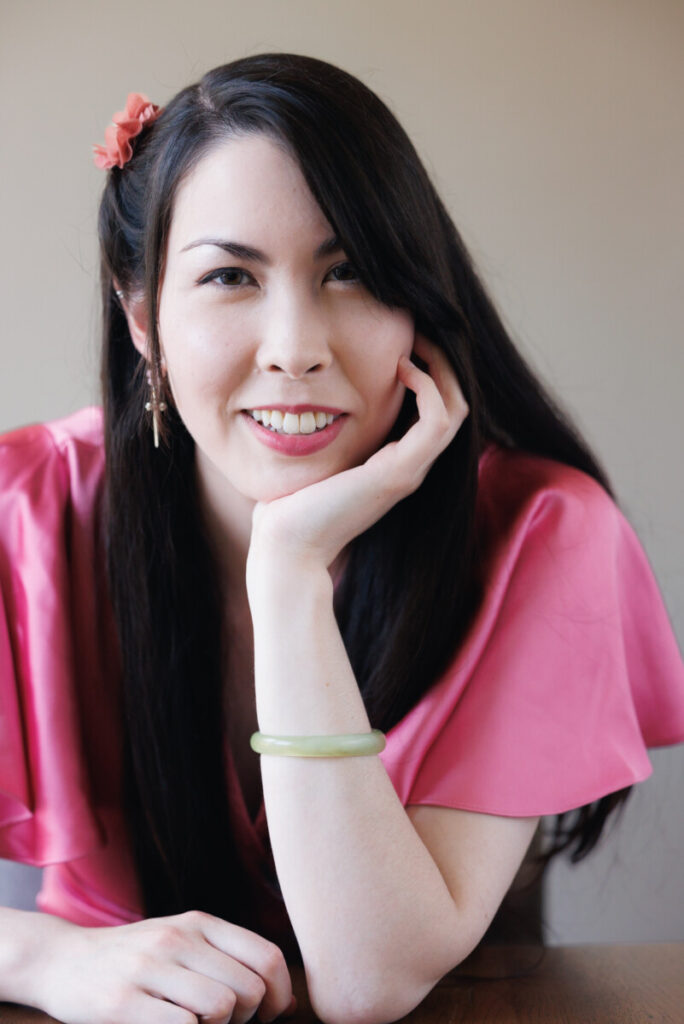
Kylie Lee Baker (BA 2017, English/Creative Writing) is the Sunday Times bestselling author of The Keeper of Night duology, The Scarlet Alchemist duology, and the forthcoming adult horror Bat Eater and Other Names for Cora Zeng. She grew up in Boston and has since lived in Atlanta, Salamanca, and Seoul. Her writing is informed by her heritage (Japanese, Chinese, and Irish), as well as her experiences living abroad as both a student and teacher. She has a BA in creative writing and Spanish from Emory University and an MS in library and information science from Simmons University.
She recently spoke with Ross Knecht, Director of Undergraduate Studies, about her writing career and what she learned during her time at Emory. Here’s an excerpt from that conversation.
Could you talk about your career after having graduated from Emory?
I loved working with international students as an ESL tutor at Emory, so after graduation, I moved to South Korea and taught English at an elementary school through a government program. During this time, I submitted my first novel to literary agents. After a few months, I signed a contract with my agent Mary, who sent my novel to publishers. The publishing industry moves quite slowly, so I continued writing new books and planning for graduate school while I waited to hear back from publishers.
After two years in Korea, I returned to the U.S. and enrolled at Simmons University School of Library and Information Science, hoping to become an archivist. Shortly after I moved, my literary agent sold my debut novel at auction in a two-book deal to HarperCollins. I started revisions with my new editor and began writing the sequel. I was also a full-time graduate student and working part-time in circulation at a public library at this point, so my schedule was pretty full. My long-term goal was to become a full-time writer, but to also be prepared for a more stable career that I genuinely enjoyed. For me, this was archival work. I got to handle lots of historical documents and photographs during my studies, and even worked on an exhibit about the Salem Witch Trials with the Peabody Essex Museum.
After graduation, I continued to write and sell books while working in the Harvard Law School Library archives. After working there for a year and having sold my fifth book to a major publisher, I realized that my writing was becoming a financially viable career, so I decided to devote all my time and energy to it.
I’ve now been a full-time author for over a year. I’ve published four young adult fantasy novels with major publishers (with a fifth under contract), and also have two adult horror novels under contract that will publish in 2025 and 2026. My books have been translated into Italian, Spanish, French, Russian, and Ukrainian. Last year, my third novel (The Scarlet Alchemist) was a bestseller in the UK. I often get to travel for promotional activities, and have been lucky enough to meet some of my favorite authors like Grady Hendrix, Paul Tremblay, and Chloe Gong. I feel extremely lucky to have a career where I can be creative and spend all day doing what I love.
How did your experience in the English department and the Creative Writing program contribute to your career path?
My first novel, which helped me find my literary agent, was actually my senior thesis that I wrote when I was at Emory and revised with the help of my wonderful advisor and thesis committee. All of my work with my advisor, as well as in the writing center and with my peers in my creative writing workshops, was invaluable for helping me develop my craft.
I also found the discussions about the publishing industry in my classes extremely useful. Publishing is a very opaque industry with a lot of bad actors, so having a solid understanding of how to break into the industry served me very well.
My English major was also immensely helpful for my career in archives, even though I’m not currently employed in that field. Archival work involves quickly reading a large amount of information, summarizing it, and organizing it in a way that’s digestible to researchers. This came very naturally to me as an English major, and I think was part of what made archival work so fun.
Do you have any advice or comments you’d like to share with current students of English at Emory?
Don’t let anyone tell you that an English major is impractical! I always thought my Spanish major would be my “real” degree while my Creative Writing major was just for fun, but I have yet to earn a dime from speaking Spanish (even though I do enjoy it!). I have many friends who majored in seemingly more practical fields that later decided to completely change their careers.
Being good at creative writing also has more practical applications than you would think; I did very well in my Spanish literary translation course at Emory and firmly believe that it had more to do with my skill in creative writing than in Spanish. That being said, I do think that double majoring is never a bad idea. Both because it means you’re not putting all your eggs in one basket, and also because genuine interest in other subjects can inform and enrich your writing.
Also, take advantage of the writing center! There is no such thing as a writer who’s too good for outside feedback.
You can read more about Kylie’s work and career at her website, https://www.kylieleebaker.com/
